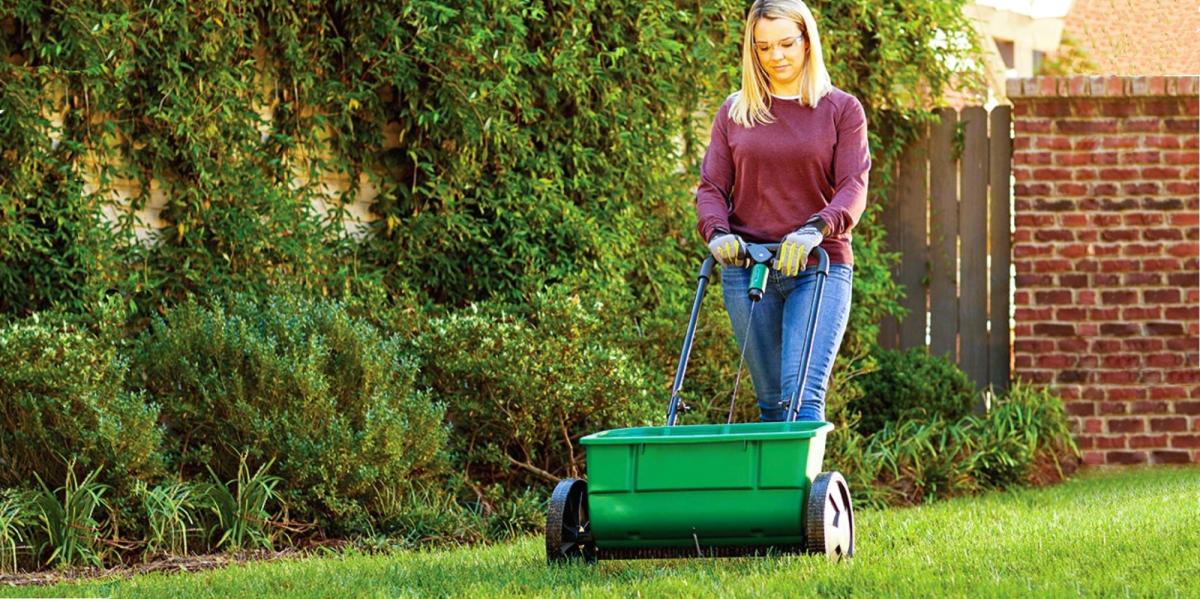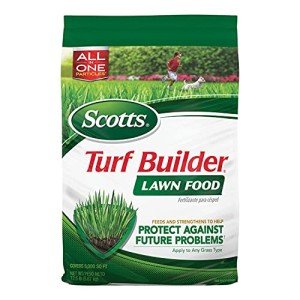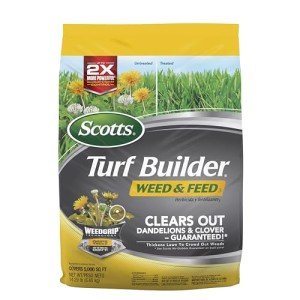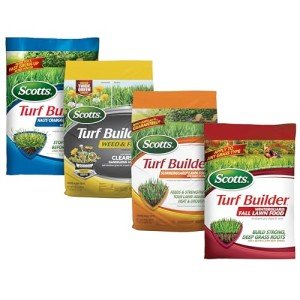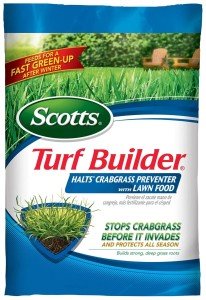If you’re dreaming of a lush, green lawn, choosing the right fertilizer is key. The market is buzzing with options, each claiming to give you the best results. To help you sift through the choices, here are some of the best lawn fertilizers that can turn your yard into a vibrant patch of green.
Nitrogen-rich fertilizers
One popular option is nitrogen-rich fertilizers. These are great for promoting lush growth because nitrogen is essential for that deep green color we all love. Look for slow-release formulas that feed your lawn over time, giving it nutrients when it needs them without overwhelming it.
Organic fertilizers
Another favorite among gardeners is organic fertilizers. These not only nourish your lawn but also help improve soil health. They work by creating a better ecosystem in your yard. Plus, they’re safer for pets and kids, making them a fantastic choice for families. Keep an eye out for those made from natural materials like compost or fish emulsion.
Starter fertilizers
If your lawn has endured a rough patch, you might want to consider a starter fertilizer. These are packed with nutrients to jumpstart growth, especially if you’re reseeding or laying fresh sod. They’re designed to give young grass the boost it needs to establish a strong root system.
No matter which option you choose, always make sure to follow the recommended application rates. Over-fertilizing can lead to more harm than good, such as burning your lawn or creating runoff that pollutes local waterways. Stick to the label instructions, and you’ll be on your way to a lush, healthy lawn with the best lawn fertilizers!
How to Choose the Right Fertilizer
Choosing the right fertilizer for your lawn can feel a bit overwhelming, but it doesn't have to be! When you're on the hunt for the best lawn fertilizers, the key is to consider your grass type, soil quality, and the time of year. Here’s a handy guide to help you make the best choice.
Type of grass
First off, identify your grass type. Cool-season grasses thrive in spring and fall, while warm-season grasses love the summer heat. Each type might need different nutrients, so checking your grass mix can save you a lot of guesswork. If you’re not sure, local garden centers can help you identify what you’ve got!
Lawn soil
Next, think about your soil. A soil test can tell you if your ground is lacking in any specific nutrients. This is super helpful because some fertilizers focus on nitrogen, while others may have a higher phosphorus or potassium content. Matching the fertilizer to what your lawn needs is a smart way to go. If your soil is really off-balance, you might need to put down a special amendment before using the best lawn fertilizers.
Time of year
Also, consider the season. Different fertilizers work best at different times. For instance, in spring, you might want a fertilizer that gives your grass a quick boost. Conversely, in the fall, a slow-release option will help your lawn store nutrients for the winter months ahead. Taking the season into account can make a big difference in your lawn care routine!
Application
Finally, look at the product’s application process. Some fertilizers come in granular form that you spread out, while others are liquid and easier to spray. Choose what feels right for you—just make sure you follow the instructions for the best results. Happy lawn care!
Tips for Safe Fertilizer Application
Applying fertilizer is a great way to keep your lawn healthy and vibrant. But to get the best results and protect the environment, there are a few safety tips you should keep in mind.
Understand how to apply fertilizer
First off, always read the label on your fertilizer. Each product, especially the best lawn fertilizers, comes with specific instructions for application rates and timing. Following these guidelines ensures that your lawn gets what it needs without overdoing it. Over-fertilizing can harm your grass and the surrounding soil.
Weather timing
Next, consider the weather. It’s best to apply fertilizer when there’s no rain in the forecast for at least 24 hours. This way, your lawn can absorb the nutrients effectively without them washing away. Also, try to avoid windy days to prevent the fertilizer from blowing into unintended areas.
Protective gear
Don’t forget to wear protective gear! Using gloves and a mask while handling fertilizers is a smart move. This will keep you safe from any dust or chemicals that could irritate your skin or lungs. Lastly, if you have kids or pets, it's wise to keep them off the lawn for a day or two after applying fertilizer. This way, you can ensure they stay safe while giving your lawn the best chance to thrive.
Top Recommendations for Every Lawn Type
Cool-Season Grasses
If you have cool-season grasses like Kentucky Bluegrass or Fescue, you’ll want a fertilizer high in nitrogen for that lush green look. Look for options that are slow-release so your lawn doesn’t get a quick boost that fades too fast. A balanced 24-4-12 fertilizer is often a favorite among lawn enthusiasts. It will keep those grasses thriving, especially during the cooler months.
Warm-Season Grasses
For those with warm-season grasses like Bermuda or Zoysia, you should be aiming for fertilizers that promote growth during the hot summer months. A fertilizer with a ratio of around 15-0-15 works great for these lawns. It provides the right nutrients when they need it most, helping your lawn resist heat stress and stay green and healthy.
Shade Tolerant Areas
If your lawn has shaded sections, consider fertilizers that support shade-tolerant grasses. Look for products labeled specifically for shaded areas. They usually offer a mix of nutrients aimed at promoting growth in lower light conditions. Products like a 10-10-10 formula can do wonders in getting those shady spots thriving.
Organic Options
For those who prefer a more natural approach, organic fertilizers can be just as effective. Look for options that include composted manure or bone meal. These not only nourish the lawn but improve soil structure as well. Products like an all-natural 5-2-4 formula provide essential nutrients without harsh chemicals, making them a great choice for eco-conscious homeowners.
